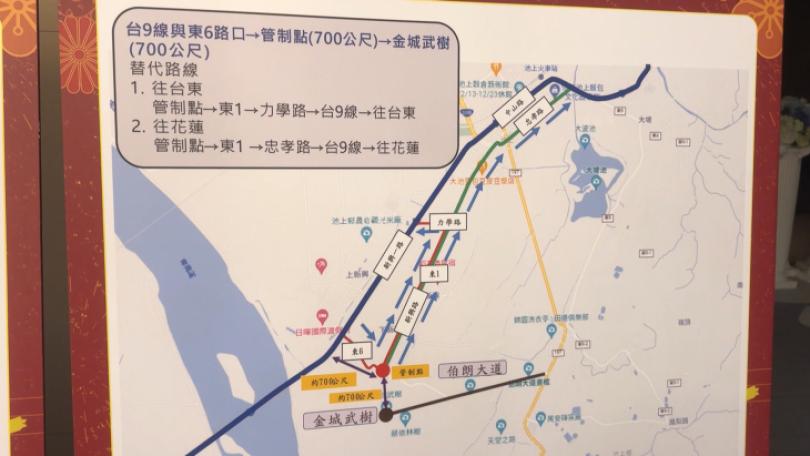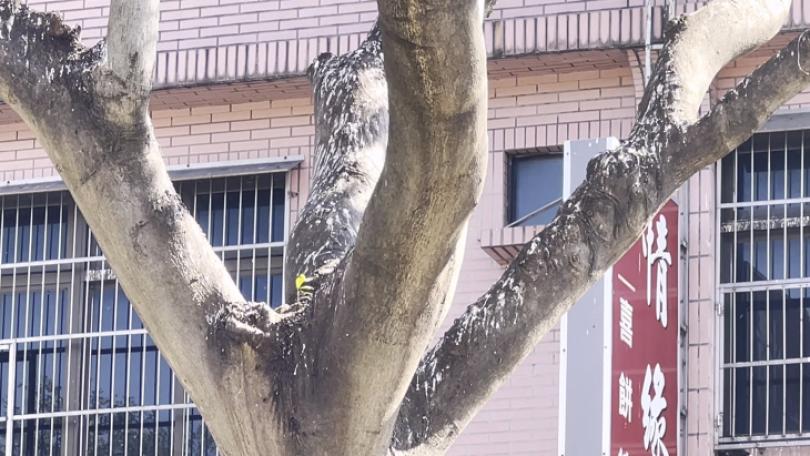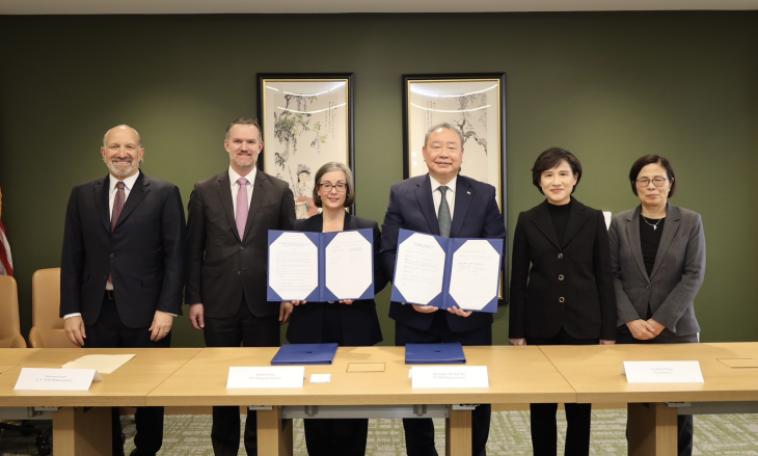Export Order Value Declines by 2% in August 下半年消費電子需求 8月較去年減近2%
Demand for consumer electronics has declined in the second half of the year due to inflationary pressures, battering Taiwan's electronics supply chain. Export orders in August plummeted 2 percent year-on-year.
The "destocking" wave is continuing to ripple through Taiwan's electronics supply chain. Demand in European and American end markets has declined, causing the value of export orders in August to plummet by 2 percent year-on-year. In particular, electronics and optical equipment saw declines of 4.6 and 2.1 percentage points, respectively. However, Pegatron Corporation Chairperson T.H. Tung remains optimistic. He says the wave of destocking won't affect Taiwan's factories for long.
T.H. Tung, Chairperson, Pegatron Corporation: “I believe good adjustments will be made after one to two quarters. Anyway, autumn and winter have always been the peak seasons for tech companies to release new products. It looks like consumer spending remains strong.”
Wang Mei-hua, Economic Affairs Minister: “The industry already knows that there will be big uncertainties and pressure in the second half of the year. Other sectors, including niches, including cars or data centers, still have their related needs, so the industry will accurately produce and schedule.”
Meanwhile, the U.S. continues to broaden its ban on advanced chip shipments to China. The media has reported that new regulations will be announced in October that will restrict American companies from supplying customers in China with equipment that can be used to make artificial intelligence computing chips or sub-14 nanometer chips. Tung said there will be an impact, but it won't have as big an impact as the U.S.-China trade war.
T.H. Tung, Chairperson, Pegatron Corporation: “Biden understands the issues that I don't understand, haha. The impact won't be bigger than the previous U.S.-China trade war. It probably arose from the U.S.-China trade war.”
Scholars say the U.S. may start requiring companies to have licenses to export chips and related products to China. However, advanced chips that can be used for military purposes cannot be sold to China.
台灣電子供應鏈去庫存風暴持續擴大。因歐美終端市場需求下降,8月外銷訂單金額已開始下滑,較去年衰退近2%。尤其電子產品年減4.6個百分點,光學器材年減2.1個百分點最多。不過和碩董事長童子賢樂觀表示,去庫存風暴對台廠影響不會太久。
和碩董事長童子賢表示:「我相信一季到兩季中間就會做很好的調節,更何況秋天到冬天本來就是科技業,很多新產品發表傳統的旺季,看起來消費的力道還是滿強勁的。」
經濟部長王美花說道:「業界其實也知道,下半年的不確定性,還有壓力是比較大的,那不過在其他的領域,包括比較利基型的包括車用,還有資料中心等等,這一些還是有相關的需求,所以業界這邊也都會來精準的生產跟調度。」
另外,針對美國針對高階晶片銷往中國禁令持續力道加重。根據外媒報導,10月發布新規定,將落實限制美國銷售中國,AI晶片、14奈米以下半導體製造設備等規範。童子賢認為,會有一定衝擊,但不會比美中貿易戰影響大。
和碩董事長童子賢表示:「拜登懂我不懂的問題這樣子,這個影響不會比之前的中美貿易戰嚴重,那應該只是中美貿易戰的一個延伸。」
學者表示,美國新規定可能會要求必須取得許可證,才能對中國出口相關晶片產品。但產品若涉及中國軍事應用的高階晶片,恐怕無法賣到中國。










